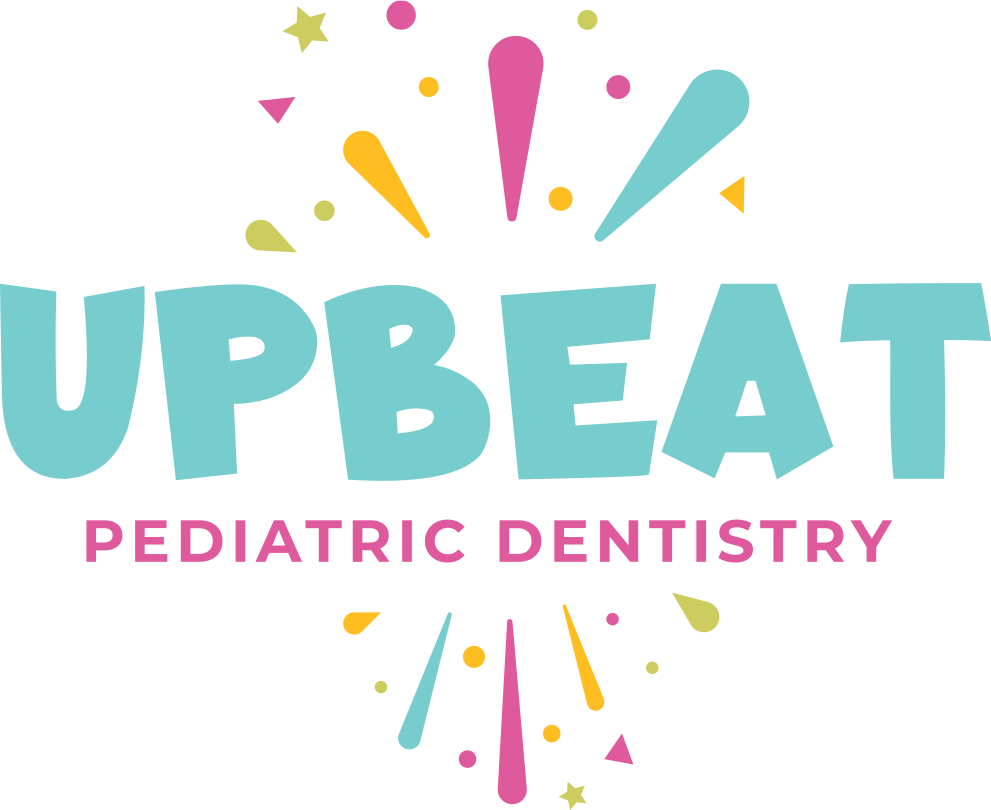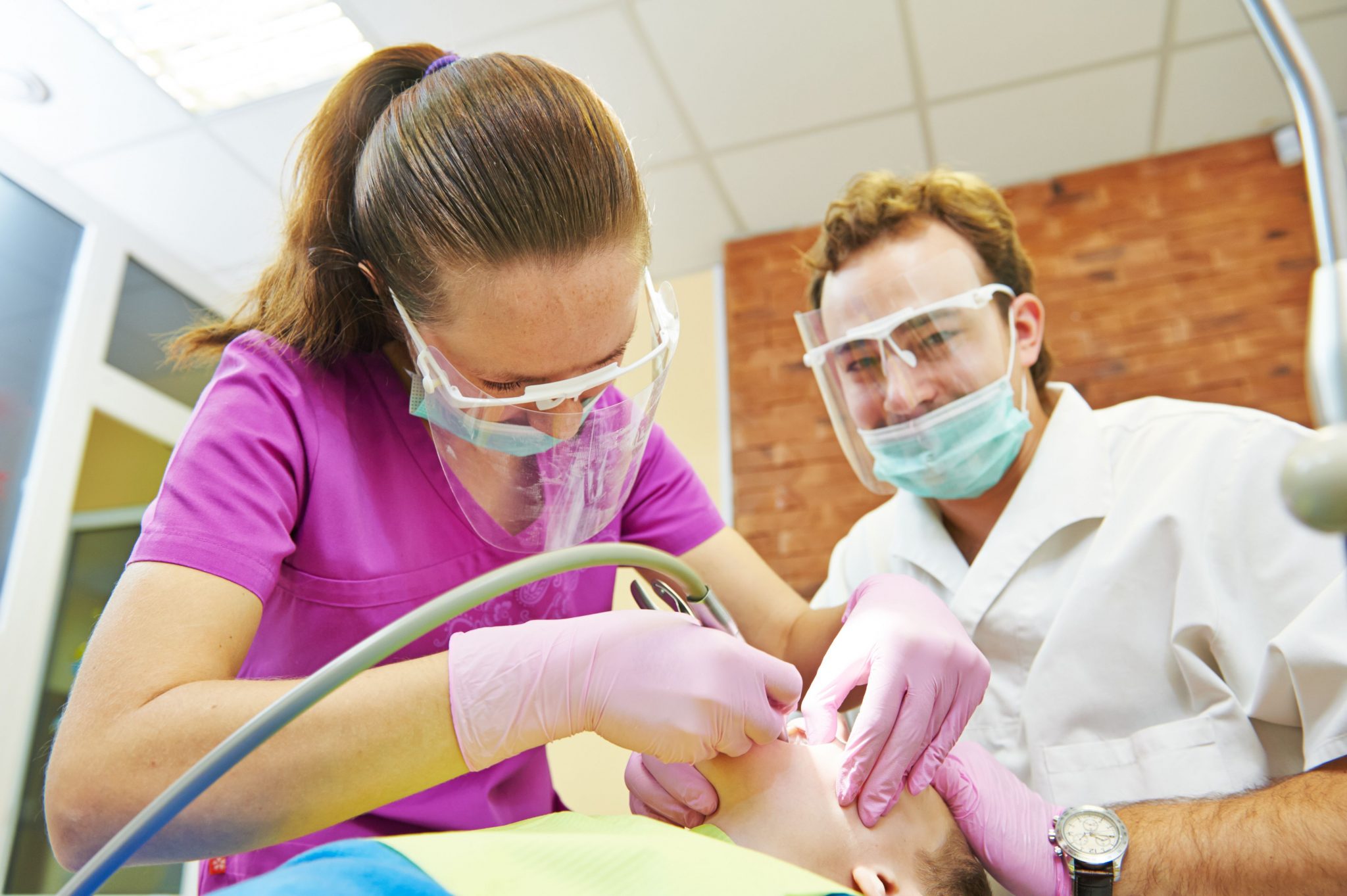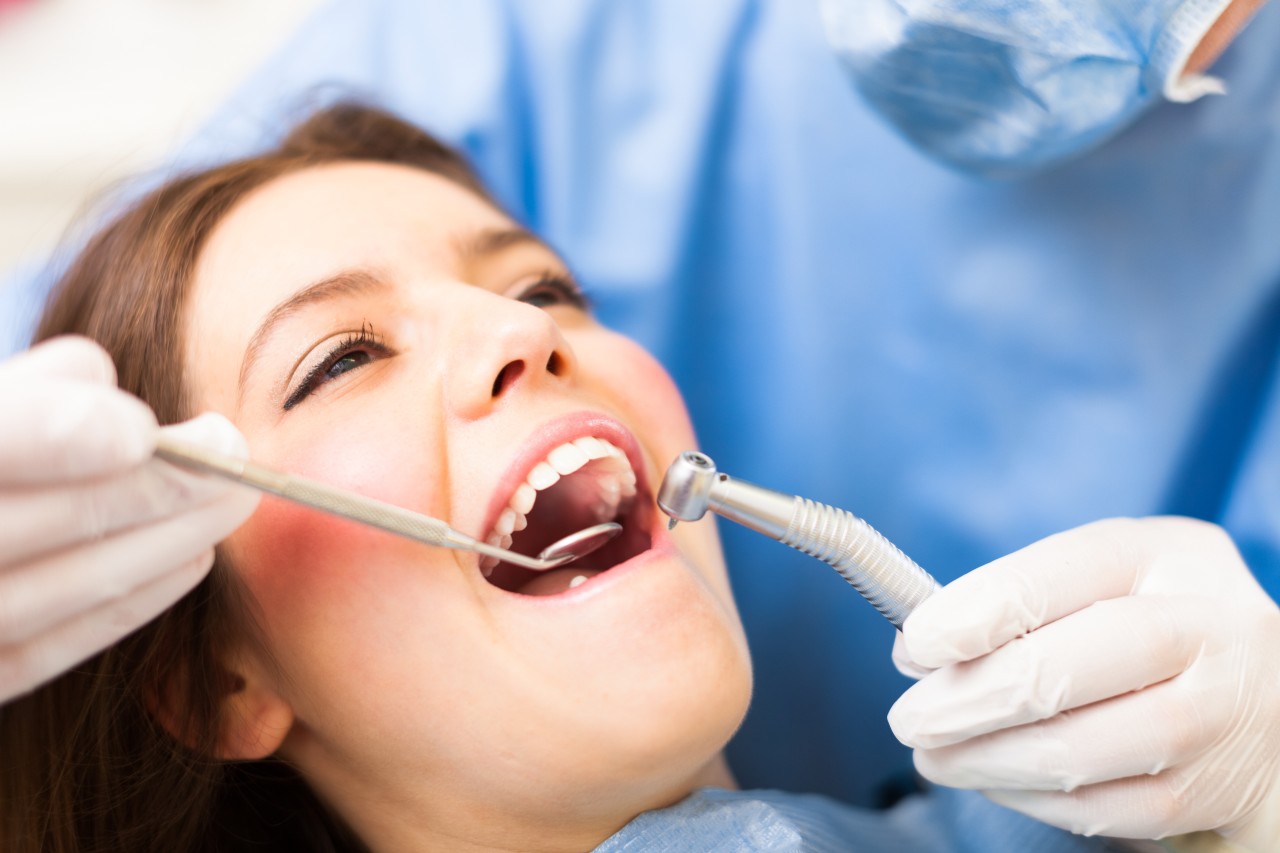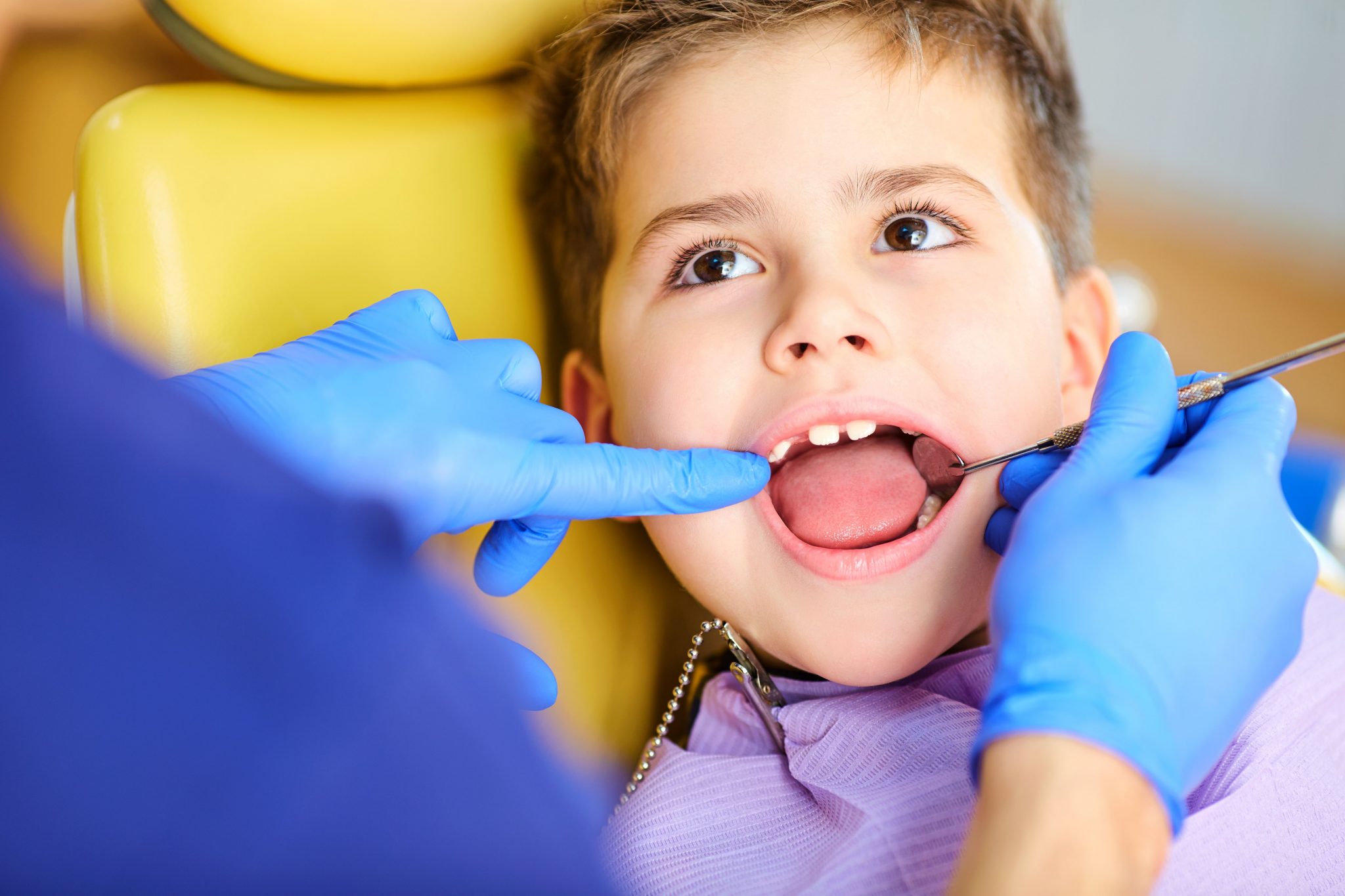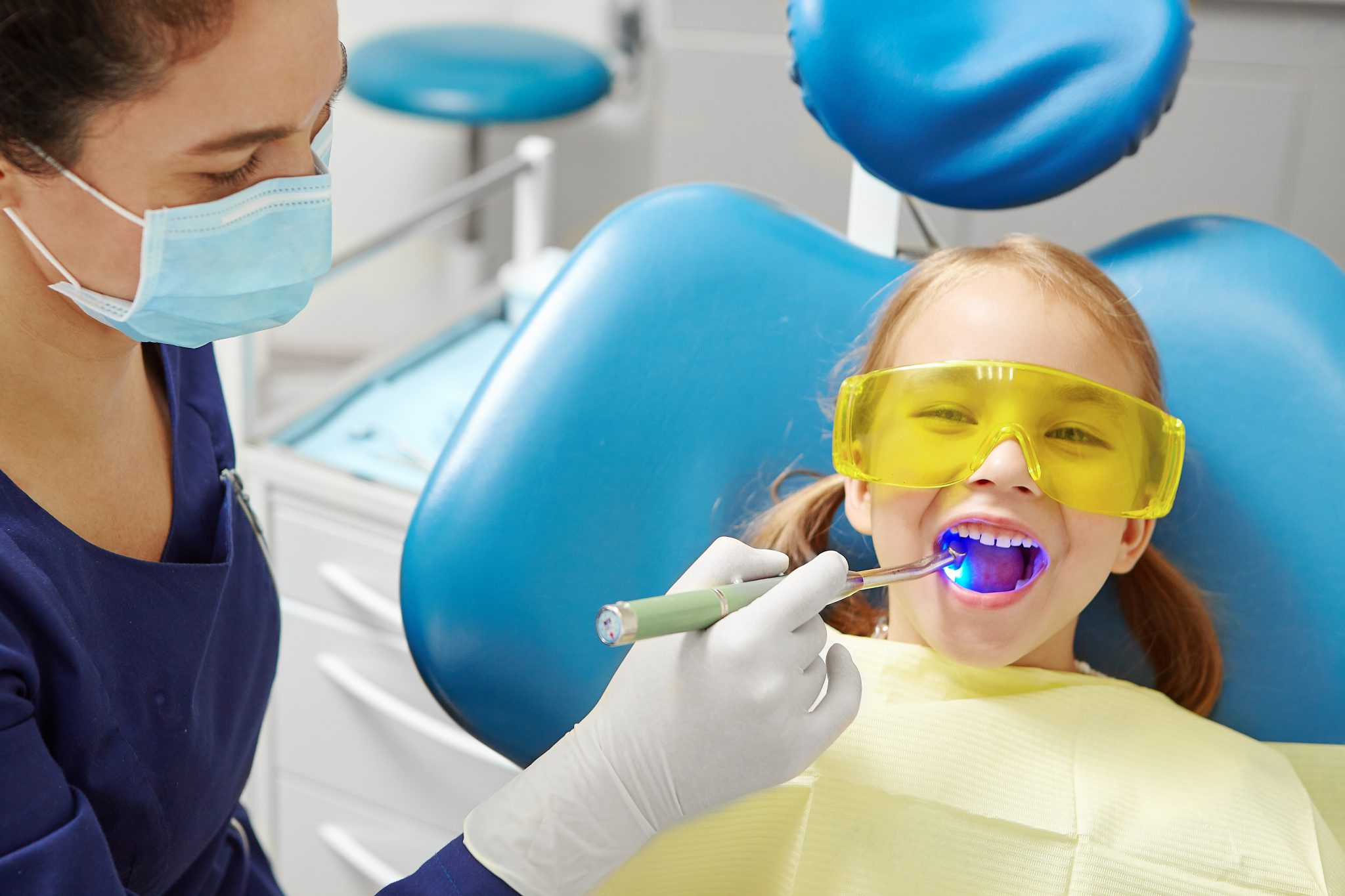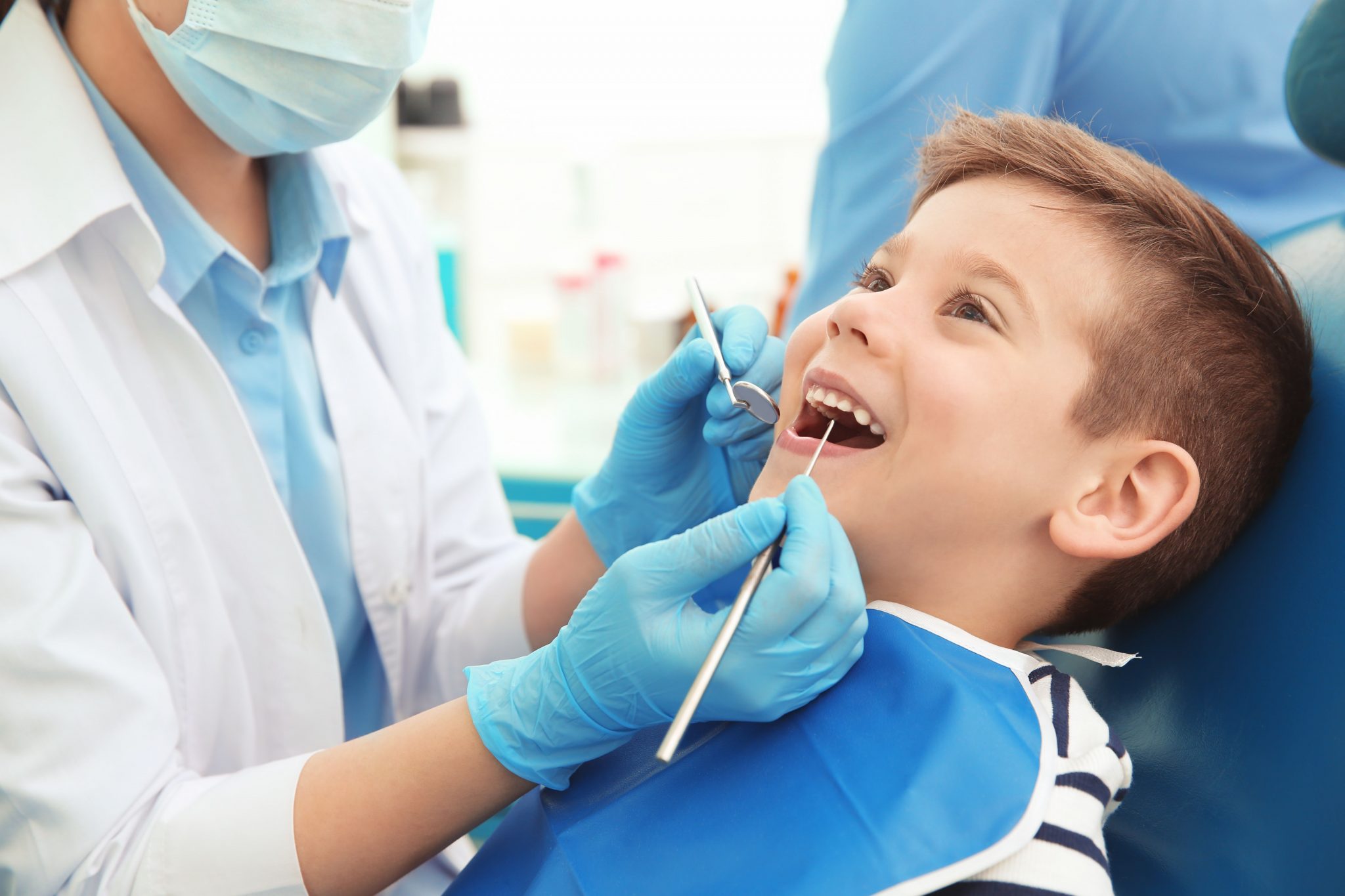Taking your baby to the dentist seems like it may be not necessary, but taking them is actually important. Most parents wonder what the correct age is to take their baby to the dentist. The American Academy of Pediatric Dentists recommends parents seek out a dentist for their child by the age of one years old, or when they notice the first tooth erupting.
On average primary teeth erupt around six months of age. In some cases parents feel their baby does not have enough teeth to warrant a visit to the dentist. Actually, visiting a dentist at this early age provides many benefits. Ensuring baby teeth are erupting properly is important, and allows the dentist to catch any issues early on.
Children should keep their primary teeth as long as they can until they are lost naturally. There are many benefits to keeping primary teeth relating to development in children.
Benefits of Primary Teeth
- Help with speech development in children
- Help to chew food properly
- Primary teeth give children confidence about their appearance and promote a healthy smile.
- Primary teeth save space for future teeth
Teaching Children to Care for Their Teeth
Taking your child to the dentist can establish proper dental hygiene habits at a young age, and teach your child how to care for their teeth. Our team can help explain how taking care of your teeth avoids cavities and other issues in the future. Establishing a good relationship with your dentist is important, and your child will be comfortable when visiting the dentist in the future.
Part of our initial visit process for children include a tour of our office and the highest level of care. We want your child to feel comfortable and at ease when they visit our office. Our team will take a look at your child’s teeth, and create a baseline of information that can be used as your child grows.
Our team will monitor the development of your child’s teeth, and ensure all the primary teeth are erupting properly. We care about your child’s health, and we always ensure each appointment is a positive experience for everyone.
Interested in Making an Appointment?
If you are interested in making an appointment our team is here to help. We encourage parents to set up an initial exam and let us handle everything. Your child is in good hands, and we go above and beyond to provide the highest level of care.
To schedule an exam for your child, please contact our office and our staff will be happy to assist you!
